Skip To...
When building a city, many players can find the task a bit overwhelming. Even if the new entry in the Cities: Skylines series makes things accessible, there are still many things to do, and it can be hard to see where to begin. This new game brings more buildings, mechanics, and other things to make your city management much more fun but also a bit daunting at times. But don’t fret because today we’ve prepared 5 essential tips to build the best city in Cities: Skylines 2.
5 Essential Tips for Cities: Skylines 2
We’ll focus on the game’s first hours before you make your metropolis, which we think is the most challenging part. If you don’t set the foundation for your growing city, you might hit a road stop and have to remove or change many aspects of your layout. So, without further ado, let’s begin.
5. Identify Resources
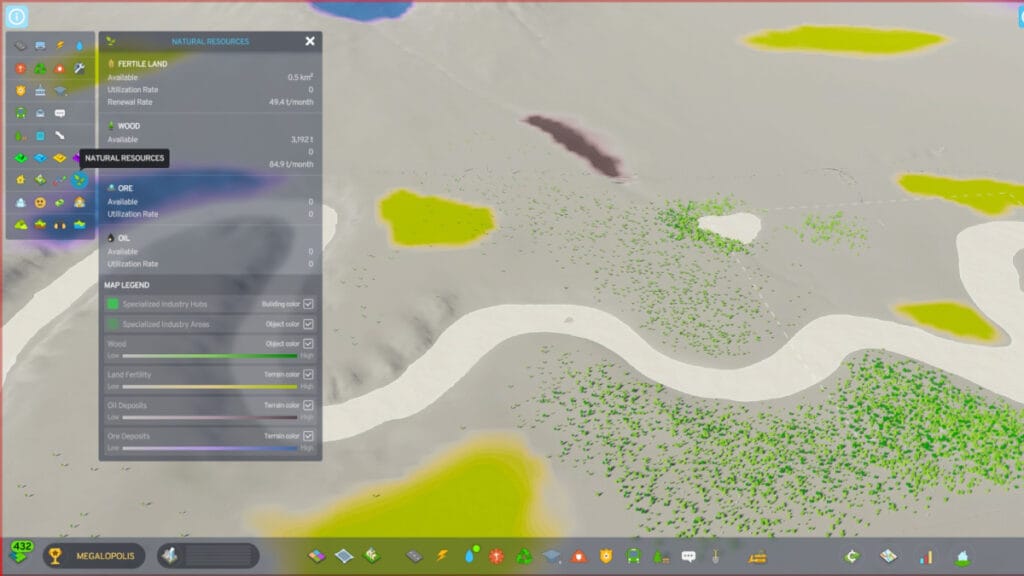
One of the biggest problems for many players early in the game is earning money. This can become a hindrance after leveling your city to the maximum level and not having that “steady” income you get as a reward. To counter that, you can identify where some resources are early in the game, especially for the industry district. While some places don’t have accessible resources when starting, you should plan where to expand to lead your industrial zones there.
One example is fertile land. You should avoid building a residential zone on top of that, as a specialized industry area would work better. The same goes for ore deposits and groundwater. Before building, open the resources panel and identify where everything is.
4. Set Your Roads
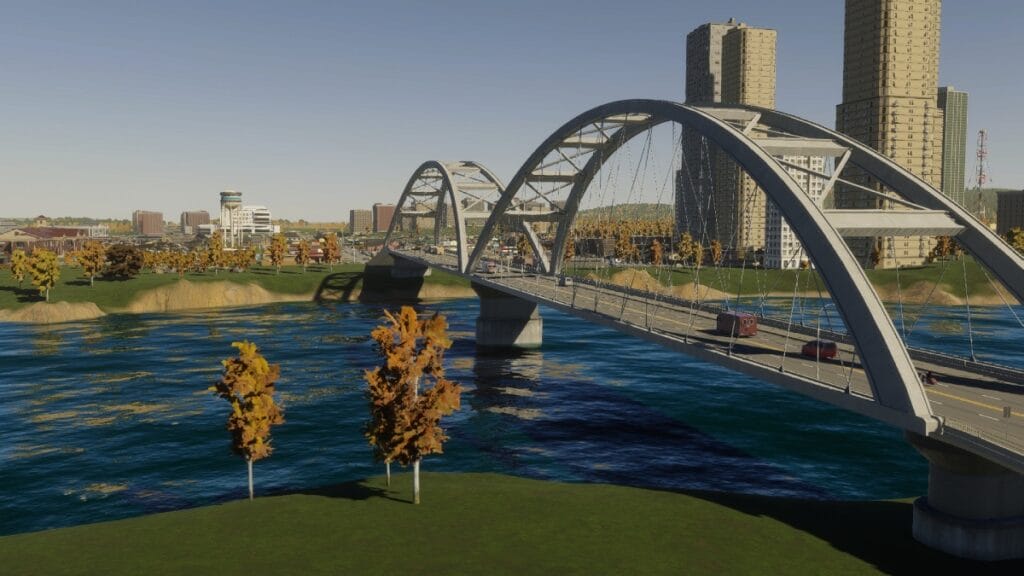
Initially, you won’t have a lot of issues with traffic. However, once your town becomes a city or something bigger, you’ll see accidents and many cars parked on the street, preventing people from moving from one to another in an orderly manner. For this, it is vital to plan your roads ahead of time.
For your main avenues, start with a four-lane road. If you have the upgrade, build a few parking lots to lessen the amount of parked cars in the street. Stick to two-lane roads for small streets, and always try to leave a few spaces between certain zones in case you want to expand your streets. A traffic bottleneck will surely happen, but you can avoid this by planning.
3. Play With Your Budget
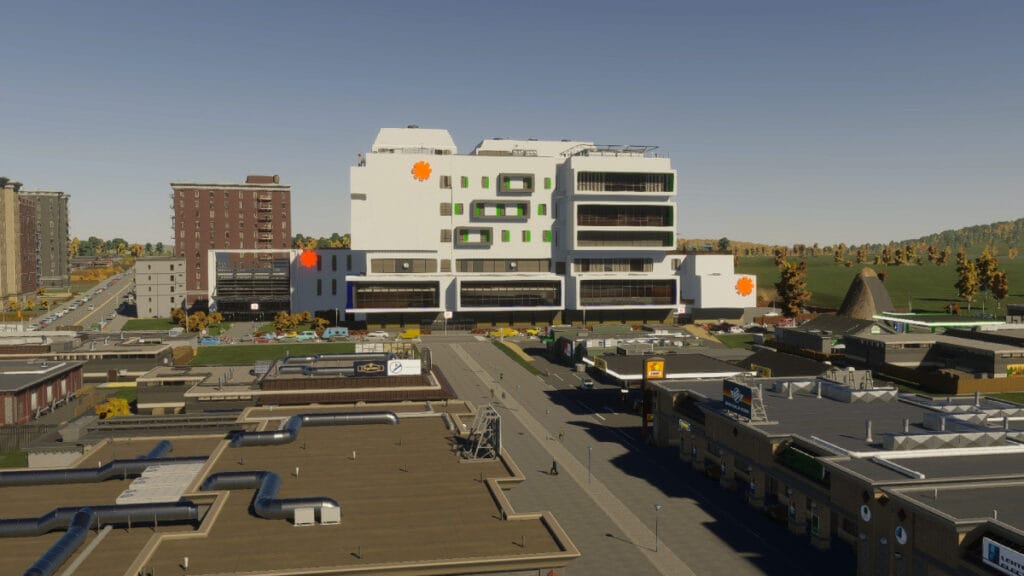
The golden rule in the first entry was to keep all taxes at 12%, and from what we’ve seen, that works in the sequel, too. If you leave that percentage, you won’t lose money as fast as leaving it at 10% or less. You’ll see your budget won’t disappear soon, as you’ll have a little money left for other things.
Speaking of which, try to lower your budget for services. Yes, this might be terrible for your people, but a small town doesn’t need a fast response from public services. If you build your fire and police station correctly and with good access, you won’t have to worry about paying them less than 100%. After you get a steady income, feel free to add more funds to these hardworking people.
2. Don’t Overbuild
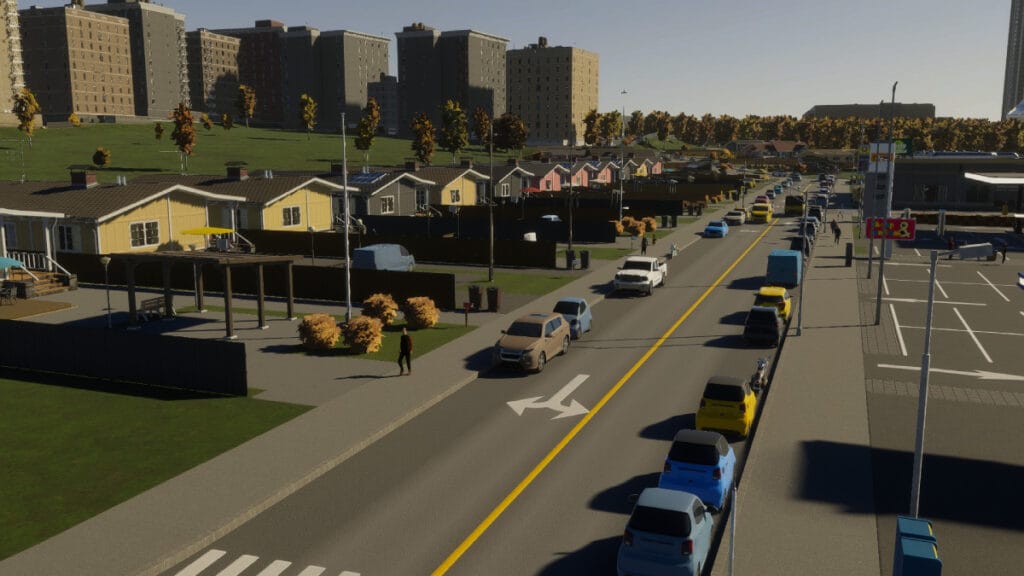
Demand is a mechanic that’ll show up at the beginning of any game, and it might scare players. As demand grows for certain things, such as more commercial or residential areas, the demand bars increase in size. While clicking on every space to create a new zone is easy and satisfying, this can be counterproductive.
When it comes to demand, try always to fulfill that of the industrial area, as this helps with taxes. However, don’t go overboard with commercial zones or residential. More isn’t necessarily better, and some people might even abandon some homes or businesses might have difficulties selling stuff if things aren’t balanced.
1. Save Your Development Points for Useful Things
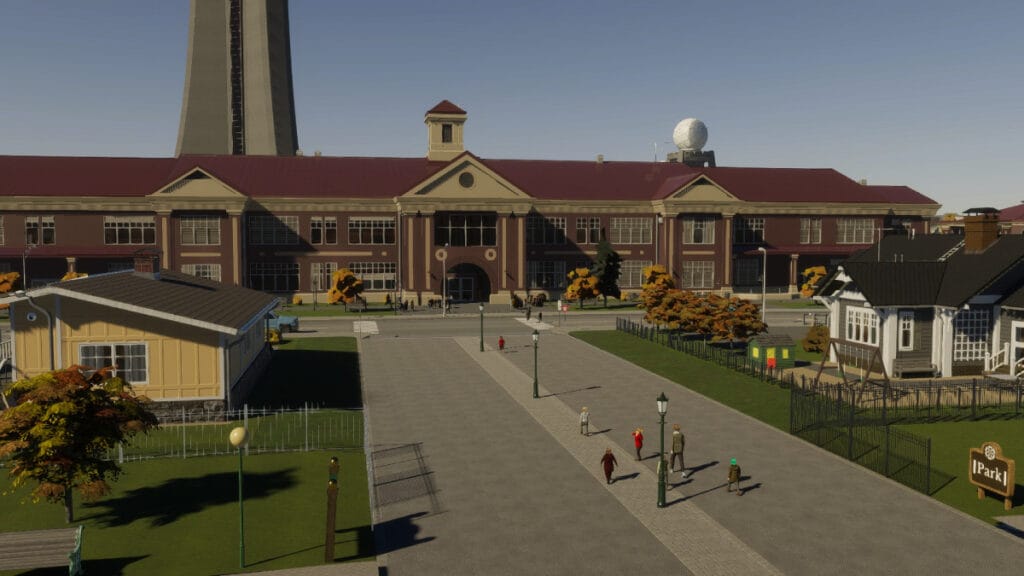
Increasing a city’s level is always great, unlocking many fun things. One of the things you’ll get while leveling up are development points. These points let you unlock new buildings with great functions to help your city progress. And while some look fantastic, saving a few points for the essential ones is better.
One example is saving them for the transportation development tree. The options inside this are great as they give city builders more money, but if you destinate your points for a better police station, you might lose funds in the long run. Always try to plan carefully.
That wraps up our 5 essential tips for Cities: Skylines 2. While they might seem simple, it is crucial to follow these tips if you want to start earning money and keep your city afloat. Too much or too little of something can hinder your progress and make building your utopia more difficult. Ultimately, if you feel something isn’t working out, you can choose a new area and keep trying until you make your dream city.







